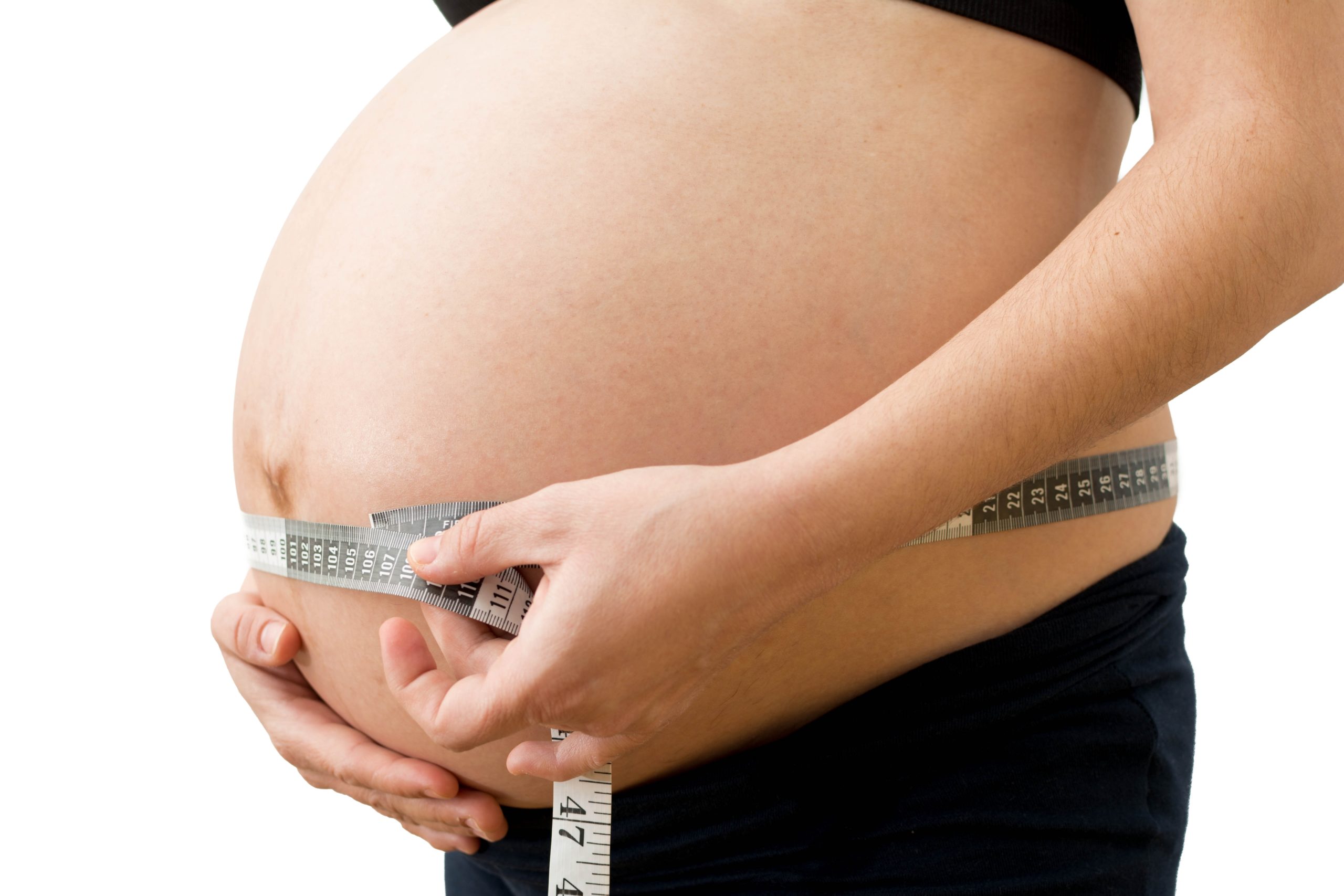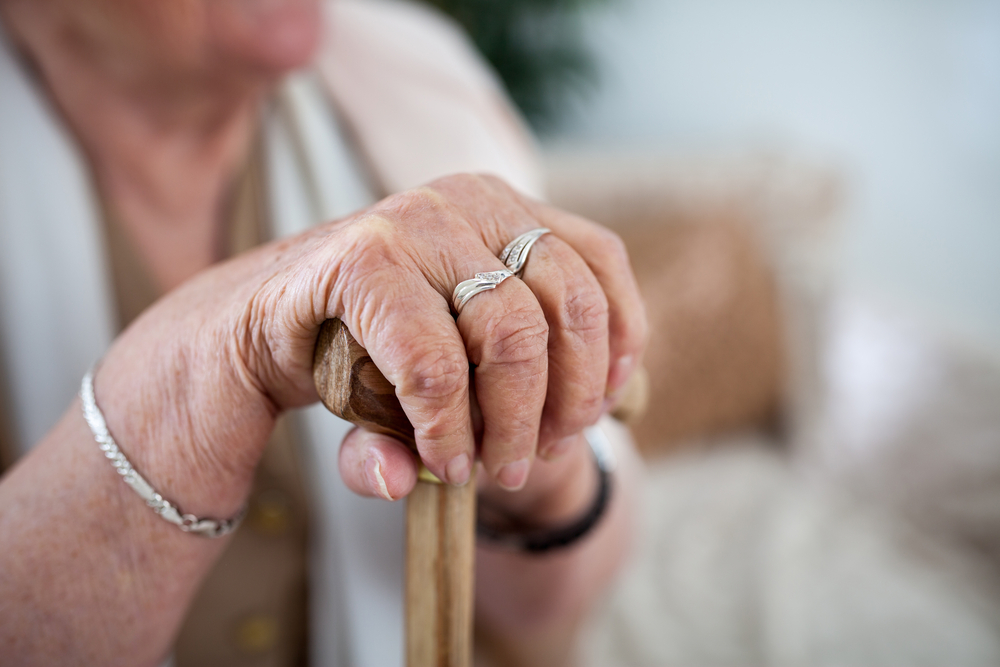Up to 12000 gastric bypasses are carried out in the Netherlands every year. Some 80% of the patients are female, and of this group, one-quarter cite the desire to have a family as the reason for the operation. However, the new challenges that emerge during pregnancy following the bypass have, to date, been underexposed.
Women who are severely overweight often have trouble becoming pregnant. A gastric bypass may offer a solution for those unable to shed (sufficient) weight. The gastric bypass is, however, not a quick fix for all issues, says Laura Heusschen. Heusschen obtained her PhD at the end of May on nutritional status following bariatric surgery, the collective name for weight-loss surgery.
Women who are expecting should gain weight, which is difficult if their bodies are still in the weight-loss stage
Laura Heusschen, food scientist and dietician, who recently obtained her PhD in nutritional status after bariatric surgery
A gastric sleeve alters the anatomy and physiology of the gastrointestinal canal. Heusschen: ‘These alterations contribute to a weight loss of up to 25 per cent of the patient’s starting weight, generally within the first twelve months after the surgery.’ After the surgery, patients are able to eat much less than before, and their food is not quite as well digested and processed.
Malnutrition
‘Women who are expecting should gain weight because they are also supporting the baby’s growth, but that is difficult if their bodies are still in the weight-loss stage.’ The baby requires the mother’s nutrition to grow. ‘Becoming pregnant shortly after the surgery could lead to malnutrition’, says Heusschen.
Malnutrition in the mother also impacts the (unborn) child. Insufficient weight gain during pregnancy is related to premature births and lower birth weight in babies. While pregnancy after surgery in itself already leads to lower birth weight. Heusschen: ‘A two-fold risk.’
Psychological
There is also a psychological aspect to weight gain, Heusschen clarifies. ‘These women have been making efforts to lose weight for a long time. As a result of the gastric bypass, they have finally had success. Having to gain weight during pregnancy will feel counterproductive. This is an issue that should be publicly discussed.’
The women are offered information on weight gain but will not stick equally well with everyone, Heusschen says. ‘Particularly among women who do not have any immediate plans to start a family when they have the surgery. They may not recall the information when they become pregnant several years later.’
Becoming pregnant shortly after the surgery may cause malnutrition
Laura Heusschen, food scientist and dietician, who recently obtained her PhD in nutritional status after bariatric surgery
With the increase in the number of gastric bypasses, hospitals have adopted a special protocol for women who become pregnant after a gastric bypass. ‘That ensures that the target group is monitored, and the risks are minimised.’ Additionally, specific supplements are important, Heusschen’s study shows. ‘Specialists are sometimes fearful of prescribing high dosages of, for example, vitamin A. However, this group shows significantly more deficiencies than overdoses.’
Breaking the circle
Heusschen will conduct follow-up research as a post-doc to study how the children born to women who have had a gastric bypass fare growing up. ‘Studies show that women with a low birth weight are more likely to develop overweight or obesity later on in life. However, we do not yet know whether this also applies to these women’s children. It would be strange if these women, who undergo bariatric surgery for their obesity, bear children with a low birth weight who then develop obesity. If this is the case, we must break the circle.’

 Image Shutterstock
Image Shutterstock 


No pregnancy is without risk